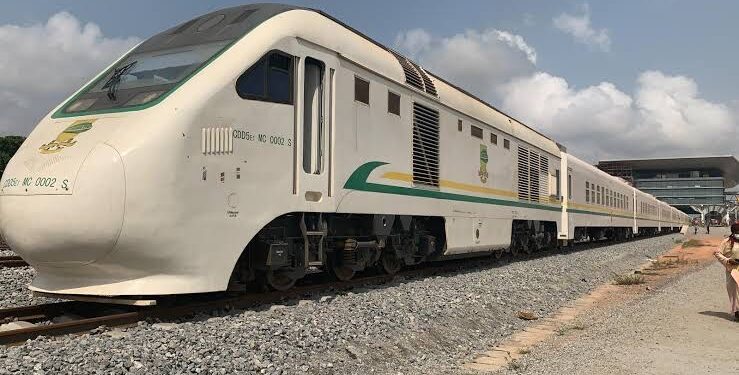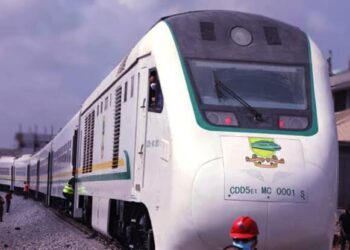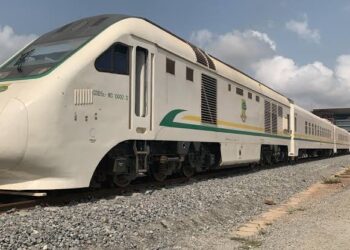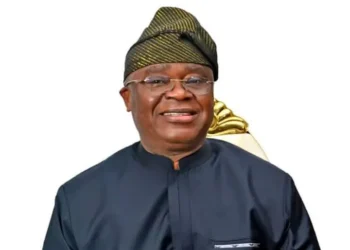The Federal Government, through the Ministry of Transportation, is considering the transition of the Nigerian Railway Corporation’s (NRC) locomotives to the more economical and readily available LNG-CNG fuel to enhance sustainability and cost-efficiency.
This comes after the De-Sadel consortium presented a proposal to the Ministry of Transportation, represented by Minister Saidu Alkali, and the NRC on Tuesday, suggesting a switch from the more expensive diesel to gas for railway locomotives, as detailed in a statement on the Ministry’s website.
The De-Sadel consortium offers to retrofit NRC’s locomotives with their LNG-CNG kits at no cost to the government, also committing to replace any locomotive in case of damage—a proposition Alkali found to be reasonable.
Recommended reading: NRC begins reactivation of old narrow gauge networks across Nigeria
- “It is the desire of our President, Bola Ahmed Tinubu to provide an efficient, affordable, and sustainable transportation system for the people of this great country and I am sure this would go a long way in bringing down the cost of transportation,” Alkali stated.
Upon reviewing the proposal from the De-Sadel consortium, Alkali instructed the Ministry’s Permanent Secretary, Olufemi Oloruntola, to swiftly establish a technical committee to evaluate the potential for transitioning to LNG-CNG fuel.
This committee, consisting of seven mechanical engineers from the Transportation Ministry, the NRC, and the De-Sadel Consortium, was tasked with quickly assessing the proposal’s technical feasibility and devising an implementation plan, including preparing an NRC locomotive for testing.
More insights
- The statement further disclosed that the 7-man technical committee has completed the assessment of the proposal and confirmed the feasibility of converting the Nigerian Railway Corporation’s (NRC) locomotives to LNG-CNG fuel. This conclusion came after their inspection of the locomotive models at the NRC’s workshop in Idu, Abuja, on March 13, 2024.
- Sam Uko, Managing Director of De-Sadel Consortium, provided details on their proposal, pointing out their proficiency in transitioning diesel engines to LNG-CNG systems. He stressed the advantages of this technology for the NRC, particularly in terms of cost savings and prolonging the lifespan of engines, thereby freeing up resources for other purposes.
- The statement also mentioned that De-Sadel Consortium has readied 50 gas-powered locomotives for testing, pending a request from the Ministry/NRC.
- Uko confirmed that De-Sadel is equipped not only with the locomotives but also with the skilled personnel necessary for retrofitting NRC’s diesel locomotives to gas-powered versions and for training NRC’s engineers. He committed to providing a steady gas supply for five years, addressing any concerns regarding the availability of fuel.
- He emphasized that retrofitting involves adapting the existing engines for dual-fuel capability, not modifying or converting them fundamentally.
- Additionally, De-Sadel proposed to boost the railway’s security infrastructure, adding new systems along the rail corridors for real-time monitoring to deter vandalism and attacks. This enhancement in security is expected to support continuous train service, thereby increasing the NRC’s income through both improved fuel efficiency and strengthened safety protocols.
- If the proposal receives approval, Alkali has set forth a plan for the locomotives’ fuel mix to start with an equal mix of diesel and gas. This plan is expected to progress towards 30% diesel and 70% gas, ultimately culminating in a complete transition to gas.






















